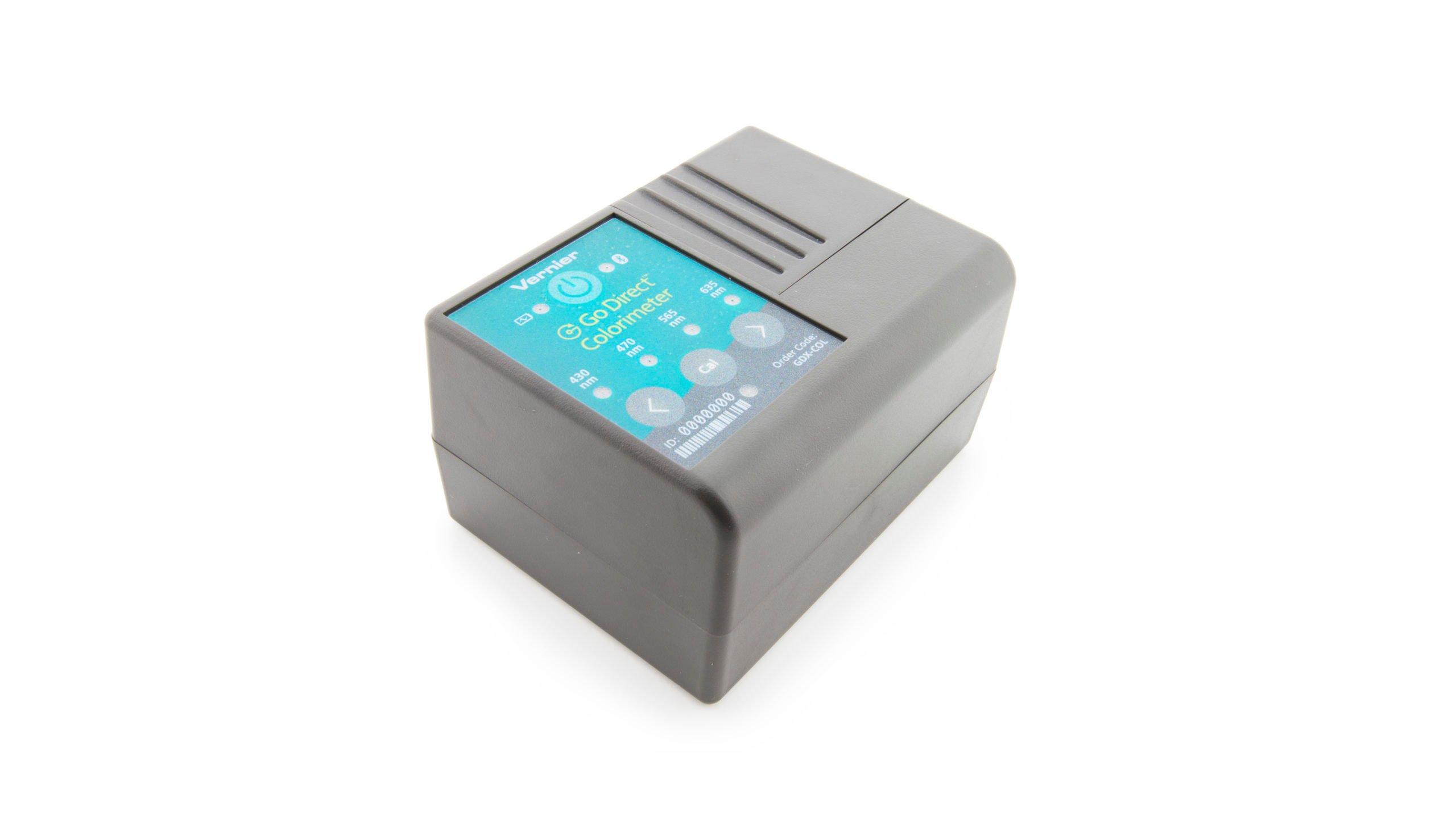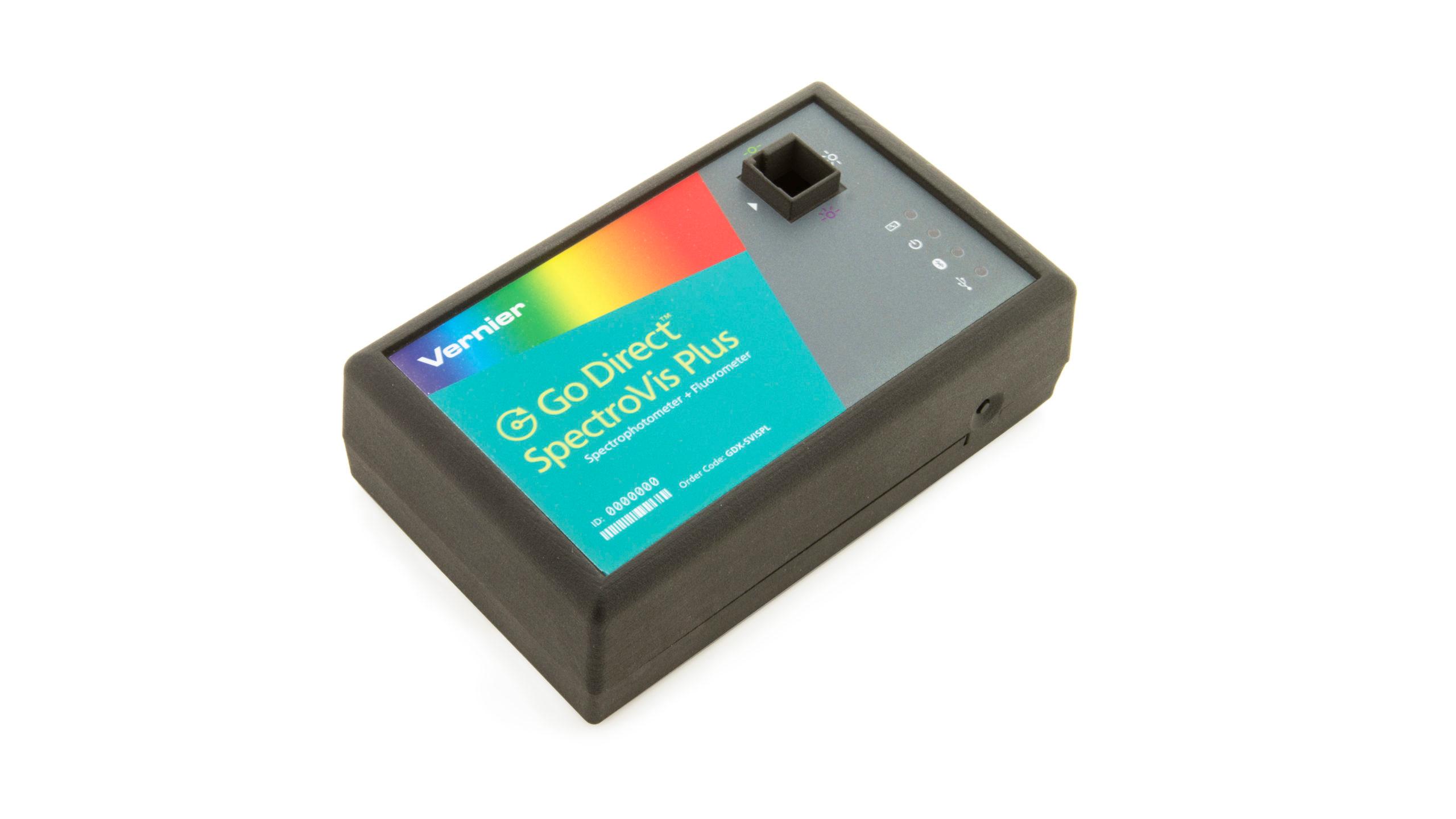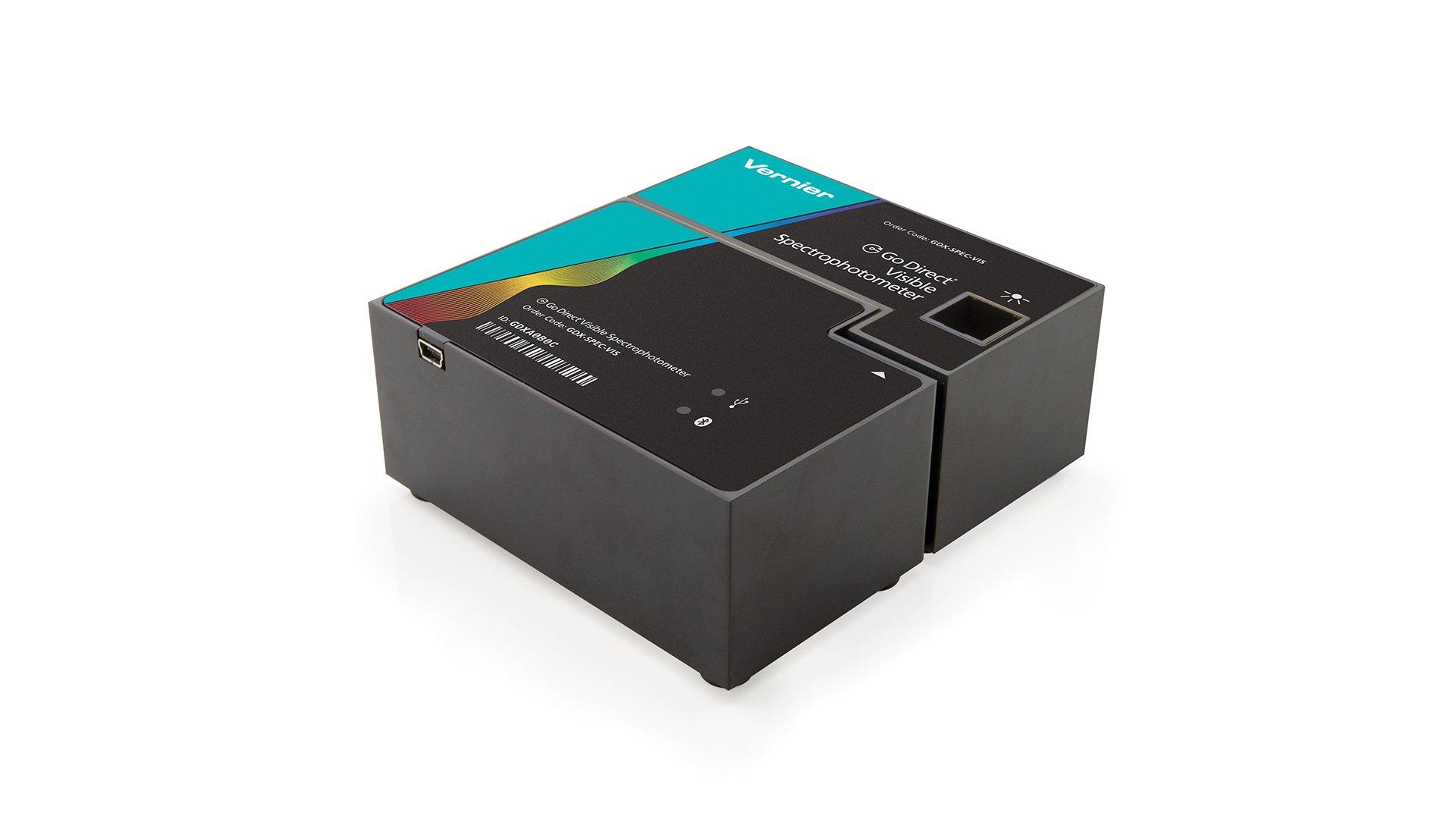Chemical Equilibrium: Finding a Constant, Kc
Experiment #20 from Chemistry with Vernier
- Education Level
- High School
- Subject
- Chemistry
Introduction
The purpose of this lab is to experimentally determine the equilibrium constant, Kc, for the following chemical reaction:
When Fe3+ and SCN– are combined, equilibrium is established between these two ions and the FeSCN2+ ion. In order to calculate Kc for the reaction, it is necessary to know the concentrations of all ions at equilibrium: [FeSCN2+]eq, [SCN–]eq, and [Fe3+]eq. You will prepare four equilibrium systems containing different concentrations of these three ions. The equilibrium concentrations of the three ions will then be experimentally determined. These values will be substituted into the equilibrium constant expression to see if Kc is indeed constant.
In order to determine [FeSCN2+]eq, you will use the Colorimeter. The FeSCN2+ ion produces solutions with a red color. Because the red solutions absorb blue light very well, the blue LED setting on the Colorimeter is used. The computer-interfaced Colorimeter measures the amount of blue light absorbed by the colored solutions (absorbance, A). By comparing the absorbance of each equilibrium system, Aeq, to the absorbance of a standard solution, Astd, you can determine [FeSCN2+]eq. The standard solution has a known FeSCN2+ concentration.
Objectives
In this experiment, you will determine the equilibrium constant, Kc, for the following chemical reaction:
Sensors and Equipment
This experiment features the following sensors and equipment. Additional equipment may be required.
Option 1

Option 3

Ready to Experiment?
Ask an Expert
Get answers to your questions about how to teach this experiment with our support team.
- Call toll-free: 888-837-6437
- Chat with Us
- Email support@vernier.com
Purchase the Lab Book
This experiment is #20 of Chemistry with Vernier. The experiment in the book includes student instructions as well as instructor information for set up, helpful hints, and sample graphs and data.



